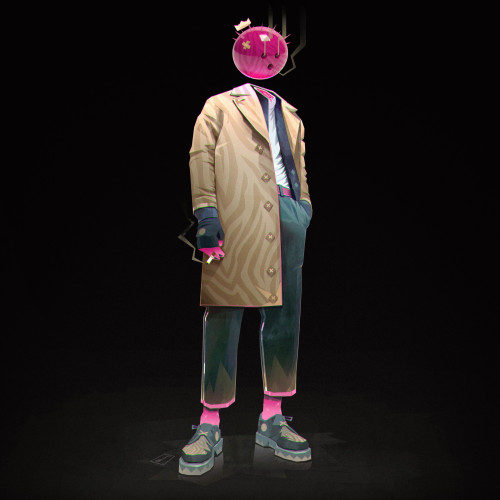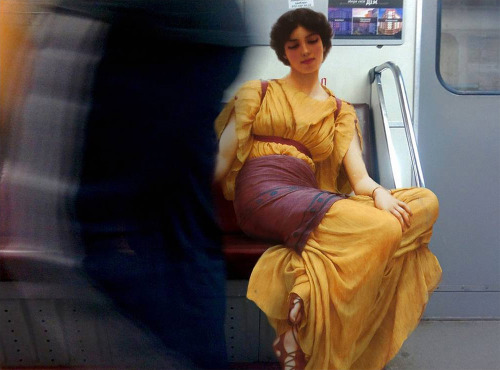I Hope To See You There
I hope to see you there
Lost.
Navigating our emotions can be disorienting.
One moment passes at the blink of an eye while others seem to linger.
For better or worse being lost is inherently a state of exploration.
I’m finding my way, whatever that may be.
I hope to see you there.

More Posts from Juanalogues and Others
This song is such a gem. It's from the movie Into The Wild, which Eddie Vedder wrote all the music for. If you love nature or the outdoors, this song is for you. It has such a beautiful message, and how the greatest love some people may have is just the world around us. Also, the idea of just disconnecting from society to fall in love with the thing many people forget about. And the instruments in this song are just so pretty and well done, it’s like they’re lyrics as well. enjoy
i want to write about these people





Art by François Bourdin

shower
4/12/22




alien 4/8/21
sometimes my moments
and awkward blips convince me
i am an alien










Alexey Kondakov
(was inspired by this gif to write a haiku)
to speak is to see
but spinning in my vision
i remain speechless

shaper
The Genius of Marie Curie

Growing up in Warsaw in Russian-occupied Poland, the young Marie Curie, originally named Maria Sklodowska, was a brilliant student, but she faced some challenging barriers. As a woman, she was barred from pursuing higher education, so in an act of defiance, Marie enrolled in the Floating University, a secret institution that provided clandestine education to Polish youth. By saving money and working as a governess and tutor, she eventually was able to move to Paris to study at the reputed Sorbonne. here, Marie earned both a physics and mathematics degree surviving largely on bread and tea, and sometimes fainting from near starvation.

In 1896, Henri Becquerel discovered that uranium spontaneously emitted a mysterious X-ray-like radiation that could interact with photographic film. Curie soon found that the element thorium emitted similar radiation. Most importantly, the strength of the radiation depended solely on the element’s quantity, and was not affected by physical or chemical changes. This led her to conclude that radiation was coming from something fundamental within the atoms of each element. The idea was radical and helped to disprove the long-standing model of atoms as indivisible objects. Next, by focusing on a super radioactive ore called pitchblende, the Curies realized that uranium alone couldn’t be creating all the radiation. So, were there other radioactive elements that might be responsible?

In 1898, they reported two new elements, polonium, named for Marie’s native Poland, and radium, the Latin word for ray. They also coined the term radioactivity along the way. By 1902, the Curies had extracted a tenth of a gram of pure radium chloride salt from several tons of pitchblende, an incredible feat at the time. Later that year, Pierre Curie and Henri Becquerel were nominated for the Nobel Prize in physics, but Marie was overlooked. Pierre took a stand in support of his wife’s well-earned recognition. And so both of the Curies and Becquerel shared the 1903 Nobel Prize, making Marie Curie the first female Nobel Laureate.

In 1911, she won yet another Nobel, this time in chemistry for her earlier discovery of radium and polonium, and her extraction and analysis of pure radium and its compounds. This made her the first, and to this date, only person to win Nobel Prizes in two different sciences. Professor Curie put her discoveries to work, changing the landscape of medical research and treatments. She opened mobile radiology units during World War I, and investigated radiation’s effects on tumors.

However, these benefits to humanity may have come at a high personal cost. Curie died in 1934 of a bone marrow disease, which many today think was caused by her radiation exposure. Marie Curie’s revolutionary research laid the groundwork for our understanding of physics and chemistry, blazing trails in oncology, technology, medicine, and nuclear physics, to name a few. For good or ill, her discoveries in radiation launched a new era, unearthing some of science’s greatest secrets.
From the TED-Ed Lesson The genius of Marie Curie - Shohini Ghose
Animation by Anna Nowakowska

salutation seeker, 4/4/24
-
 dbaydenny liked this · 3 years ago
dbaydenny liked this · 3 years ago -
 juanalogues reblogged this · 3 years ago
juanalogues reblogged this · 3 years ago -
 juanalogues liked this · 3 years ago
juanalogues liked this · 3 years ago -
 larrybarnesmusic reblogged this · 3 years ago
larrybarnesmusic reblogged this · 3 years ago

